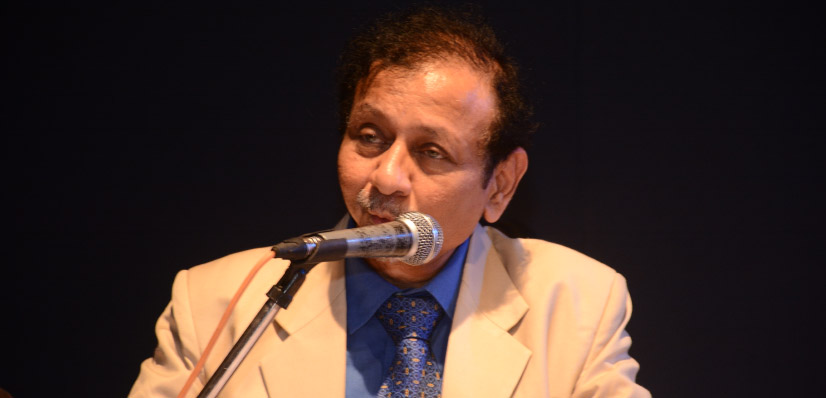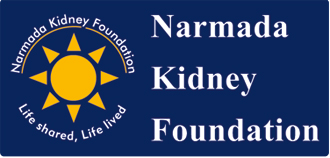
WHAT ONE SHOULD KNOW ABOUT THE TRANSPLANT ACT
The Transplant Act was passed in 1994 and come into force (notified) on 4 February 1995 in Himachal Pradesh, Goa, and Maharashtra & union territories. It was then adopted by other states.
The purpose was :
1) to regular removal, storage and transplantation of human organ and tissues for therapeutic purpose
2) prevent commercial dealing in human organ and tissues.
The silent features of the Act are as follows:
- No hospital, unless registered under this Act, shall conduct removal, storage or transplantation of any human organ;
- No medical practitioner shall conduct removal, storage or transplantation of any human organ at a place other than a place registered under this Act
As per the act, to prevent any commercial dealing, following transplant are allowed:
- When donor is a near relative (parent, child, sibling, spouse, grand-parent and grand-child)
- Swap Transplant between related pairs
- When donor is genetically unrelated but emotionally related (e.g a friend)
- Cadaver Donor transplant
Procedure for living donor transplant:
When donor is a near relative, approval must be obtained from the local hospital authorization committee which includes a govt. Nominee. The role of the committee is to essentially confirm the relationship between the recipient and the donor.
When donor is not related, the local hospital authorization committee if satisfied forwards the application to the state authorization committee. The same procedure must be followed if donor or recipient is a foreign national. Authorization committee shall evaluate that there is i) no commercial transaction, ii) explanation of link between donor and recipient, iii) documentary evidence of link (Photographs), iv) reasons why donor wishes to donate, v) no middleman involved, vi) no gross disparity in financial status of donor and recipient (evidence of vocation & income for 3 years), vii) Next of kin of donor must consent.
Currently the procedure followed for swap transplant between related pairs is like that for unrelated transplant. Narmada Kidney Foundation has filed a PIL in the Mumbai high court requesting that swap transplant between related pairs should be treated as related transplants.
Procedure for cadaver (deceased) donor transplant:
A major progress with the Act was defining “brain-death” as death. As per the Act, a person is dead not only when the heart stops beating but also when the brain-stem is dead. As per the ACT, a person can be declared brain-dead only after brain-stem function tests done twice at 6-hour interval confirm death. The certification must be done by 4 doctors registered medical practitioner treating the patient, registered neurologist or neurosurgeon, independent registered medical practitioner and registered medical practitioner in charge of the hospital. After brain death clarification, organs can be used only if the family consents.
Punishment for removal of human organ without authority:
Anyone who removes organ without authority can be punished with imprisonment up to 10 years and fine up to Rs. 20 lacs.
If a doctor is convicted, his name will be removed from medical council for 3 years for 1st offence and permanently after second offence.
Anyone who abates in preparation of false documents for transplant will be liable to imprisonment of 5 to 10 years and fine up to 20 lacs to 1 crore.
Protection of action taken in good faith:
No suit, prosecution or other legal proceeding shall lie against any person for anything which is in good faith.
Written By : Dr. Bharat V. Shah,
